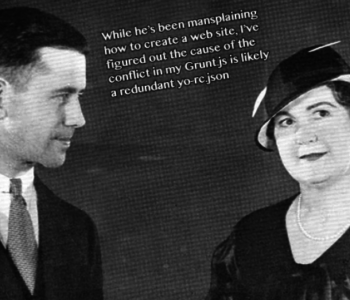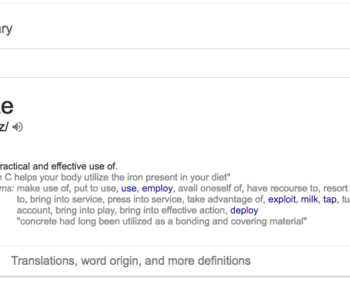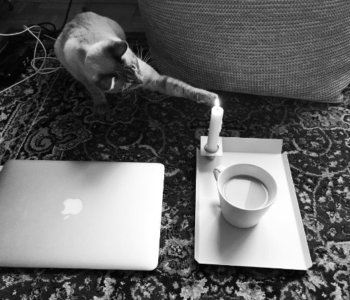 Career
Career
Fighting Freelance Anxiety
When you have a full-time job, it’s easy to be lulled into a false sense of job security. You’re getting a consistent paycheck, you show up each day from around 9 to 5, and you have your list of to-dos.
There’s no way you could have that same consistency with freelance, right?
Wrong.
It’s true that when you work as a freelancer “consistency” takes on a different meaning. You may have a few consistent clients and you may develop a daily routine. Or you may rely completely on project-based work with no recurring clients and have a daily routine that changes with the project.
Either way, there’s that voice in the back of your mind asking, “Where is my next paycheck coming from?”
In order to move forward in a freelance career, it’s crucial to turn that anxiety into action.
When I first took the leap from a full-time role to 100% freelance, I had built up enough freelance work to feel relatively secure. But, during particularly quiet weeks, I had that nagging feeling of “Oh no, what if the work stops?”
The reality is, work isn’t going to stop all together. That’s the beauty of having multiple clients. If one stops needing your services or runs out of budget for the year, there are inevitably others.
Sure, you may no longer rely on $X every other week. Instead it may be $X-$X every other month. Or it may mean a sudden windfall in June and a slower July. But at a full-time job, you’re essentially putting all your eggs in one basket. If they no longer need you or the company goes under, you’re completely out of a paycheck. It’s arguably a bigger risk that just appears less risky.
So, how can you turn the new normal into a positive?
When you have “down” time, it may mean you save more, putting extra money aside for potential leaner months (and, when those leaner months don’t come, having additional cash to put to your retirement plan, vacation, etc.)
It may mean you channel any anxiety into pitching new clients.
Or it may mean you update your website, refresh your LinkedIn profile, reach out to recruiters, learn a new skill, and reconnect with former colleagues and contacts.
When the client work stops, your work ramps up so the client work starts pouring in again.
But, quite frankly, you’ll eventually use these lulls to take a much-deserved vacation.









